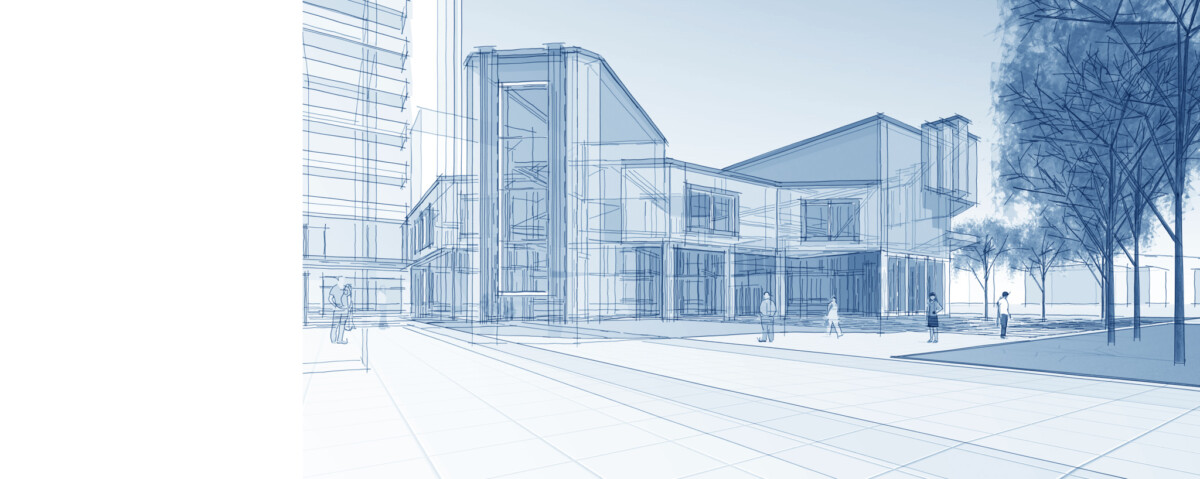Digital Property Management Solutions: The Future of Real Estate Efficiency
In today’s fast-paced real estate market, property managers face increasing pressure to work faster, smarter, and more efficiently. Between maintaining buildings, managing tenant needs, organizing finances, coordinating maintenance, and ensuring regulatory compliance, the traditional manual approach is no longer sustainable. This demand for greater efficiency has paved the way for digital property management solutions—powerful software ecosystems designed to streamline operations and improve the tenant experience.
Digital property management solutions combine automation, cloud software, real-time data analytics, smart device integrations, and centralized dashboards, enabling property managers to oversee every aspect of their portfolios from a single platform. Whether managing a handful of residential units or overseeing dozens of commercial properties, these tools reduce workload, enhance accuracy, and help property managers deliver a modern, professional experience.
Why Digital Property Management Matters Today
The shift toward digital systems is driven by several key changes within the real estate industry:
1. Rising Tenant Expectations
Modern tenants expect seamless communication, digital rent payments, online maintenance requests, and fast responses. Property management apps make this possible without increasing workload.
2. Increased Regulatory and Financial Complexity
Local laws, lease agreements, insurance documents, and financial tracking create significant administrative burdens. Digital tools help automate compliance, organize data, and prevent errors.
3. Remote and Hybrid Work Environments
Property managers are no longer tied to a physical office. Cloud-based solutions allow team members to monitor operations, approve work orders, and respond to tenants from anywhere.
4. Demand for Data-Driven Decision-Making
Digital tools provide analytics on rent trends, occupancy rates, maintenance costs, and tenant behavior—allowing managers to make better decisions and improve profitability.
Key Features of Digital Property Management Solutions
Modern platforms offer a variety of features designed to consolidate and simplify daily operations. Some of the most valuable capabilities include:
1. Centralized Dashboard Management
Digital systems provide an all-in-one dashboard that simplifies tasks such as tenant communication, lease tracking, financial reporting, and maintenance scheduling. Managers can view real-time updates, monitor performance metrics, and quickly identify issues before they escalate.
2. Online Rent Collection & Automated Billing
The days of chasing paper checks are over. Digital payment portals allow tenants to pay rent online, set up automatic payments, and receive instant receipts. For property managers, this means:
- Fewer late payments
- Automatic reminders for tenants
- Faster financial reconciliation
- Clearer income tracking
3. Automated Maintenance Management
Maintenance is one of the most time-consuming aspects of property management. With digital solutions, tenants can file requests through an app or portal, upload photos, and track progress. Property managers can assign tasks to contractors, receive quotes, monitor timelines, and maintain a digital record of repairs.
4. Digital Lease Management & E-Signatures
Digital leasing eliminates the need for physical paperwork:
- Lease creation templates
- Online screening applications
- Automated approval workflows
- E-signature capabilities
This decreases administrative time while improving accuracy and transparency.
5. Smart Device Integrations
Many digital systems now integrate with IoT (Internet of Things) devices, such as:
- Smart locks
- Thermostats
- Security cameras
- Water leak detectors
These tools help reduce maintenance issues, improve safety, and enhance the tenant experience through modern conveniences.
6. Real-Time Financial Reporting
Instead of manually organizing spreadsheets, digital solutions automatically track:
- Rent payments
- Vendor expenses
- Operating costs
- Budget allocations
- Profit and loss reports
This level of financial clarity helps owners and managers make more informed decisions and maintain better profitability.
7. Tenant & Owner Portals
Both tenants and property owners can access dedicated portals to view important information. Tenants receive updates, payment notifications, and news. Owners can track financial performance, occupancy rates, and upcoming maintenance—all without contacting the manager directly.
Benefits of Digital Property Management Solutions
1. Significant Time Savings
Automation eliminates repetitive administrative tasks, allowing managers to focus on building relationships, improving operations, and growing their portfolios.
2. Better Tenant Satisfaction
Faster communication, digital conveniences, and responsive maintenance create a better experience, ultimately improving retention.
3. Increased Accuracy & Reduced Errors
Digital systems reduce the risk of errors caused by manual data entry, missed deadlines, or lost paperwork.
4. Improved Security
Cloud platforms securely store data, protecting sensitive information from loss, theft, or unauthorized access.
5. Scalability
Digital solutions grow with your portfolio. Whether managing five units or five hundred, software systems can easily scale without requiring significantly more manpower.
6. Cost Efficiency
Reduced manual labor, better maintenance tracking, improved financial accuracy, and increased tenant retention all contribute to significant long-term savings.
Popular Types of Digital Property Management Tools
Not all platforms serve the same purpose. Property managers often combine several types of digital tools:
1. Property Management Software (PMS)
Examples: Buildium, AppFolio, Propertyware
These are full-featured platforms offering leasing, communication, payments, and maintenance management.
2. Financial & Accounting Tools
Examples: QuickBooks, Xero
Often integrated with PMS systems for smoother financial workflows.
3. Maintenance Management Apps
Examples: UpKeep, Maintenance Care
These tools support vendor management, asset tracking, and preventive maintenance.
4. Smart Building Technologies
Smart locks, HVAC controllers, leak sensors, and remote monitoring devices help reduce risk and lower costs.
5. Communication and Document Platforms
Examples: Slack, Google Workspace, DocuSign
Used for collaboration, storage, and digital signing.
The Future of Digital Property Management
As technology continues to evolve, the real estate industry is moving toward even more advanced digital capabilities. Some upcoming trends include:
1. Artificial Intelligence & Predictive Analytics
AI will help predict maintenance issues, optimize rent pricing, and improve tenant screening accuracy.
2. Fully Automated Smart Buildings
From lighting to security to HVAC, integrated systems will streamline building management and energy efficiency.
3. VR Property Tours
Virtual reality tours will allow prospective tenants to explore properties from anywhere, saving time and boosting leasing efficiency.
4. Blockchain Leasing & Contracts
Blockchain technology could ensure secure, tamper-proof leasing processes and payments.
Conclusion
Digital property management solutions are transforming the real estate industry by simplifying operations, improving tenant experiences, and providing powerful data-driven insights. Whether managing a single building or a large portfolio, adopting digital tools can significantly enhance efficiency, reduce costs, and set property managers up for long-term success. As technology continues to advance, digital-first management will no longer be an advantage—it will be the standard.
Thank you for reading! If you enjoyed this article and want to explore more content on similar topics, check out our other blogs at Sonic Loans, Sonic Realty, and Sonic Title. We have a wealth of information designed to help you navigate the world of real estate and finance. Happy reading!
Are you looking for the right loan? Check out Sonic Loans for tailored mortgage solutions that make home financing simple and efficient.
December 11, 2025
What Are Closing Costs and How Much Should You Expect? Buying or refinancing a home...
December 9, 2025
The Complete Guide to Mortgage Pre-Approval Buying a home is one of the most exciting...
December 4, 2025
How to Improve Your Credit Score Before Applying for a Mortgage If you’re planning to...
December 2, 2025
FHA vs. Conventional Loans: What’s Best for First-Time Buyers? Buying your first home is exciting...
November 27, 2025
Digital Property Management Solutions: The Future of Real Estate Efficiency In today’s fast-paced real estate...
November 25, 2025
Virtual Reality in Property Marketing: The Future of Real Estate The real estate industry has...
November 20, 2025
PropTech Trends Shaping Real Estate The real estate industry is experiencing one of the most...
November 18, 2025
AI in Real Estate: Current Applications Artificial intelligence has rapidly become one of the most...
November 13, 2025
Blockchain in Real Estate: Future Applications Blockchain technology, once synonymous only with cryptocurrencies, has rapidly...









